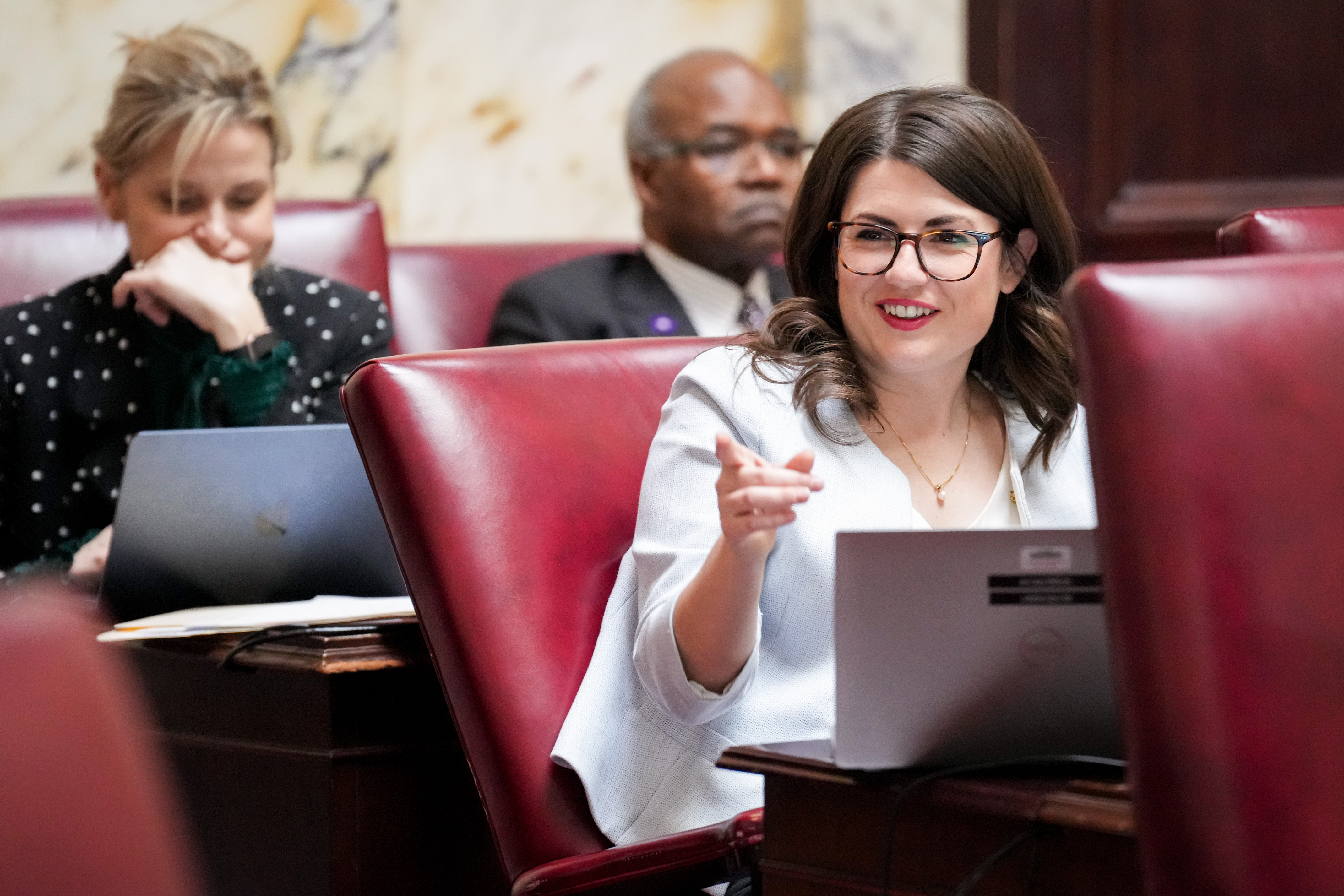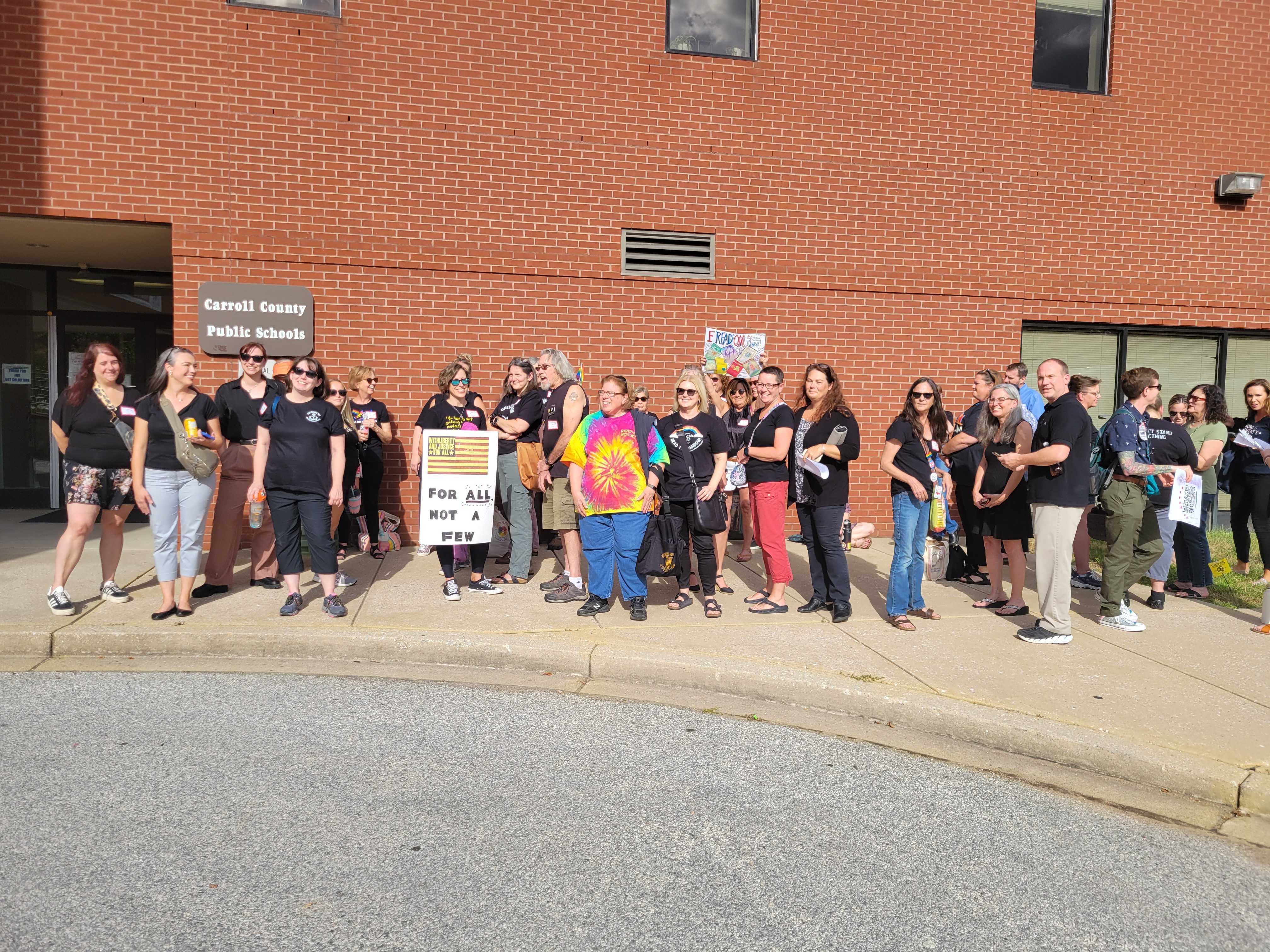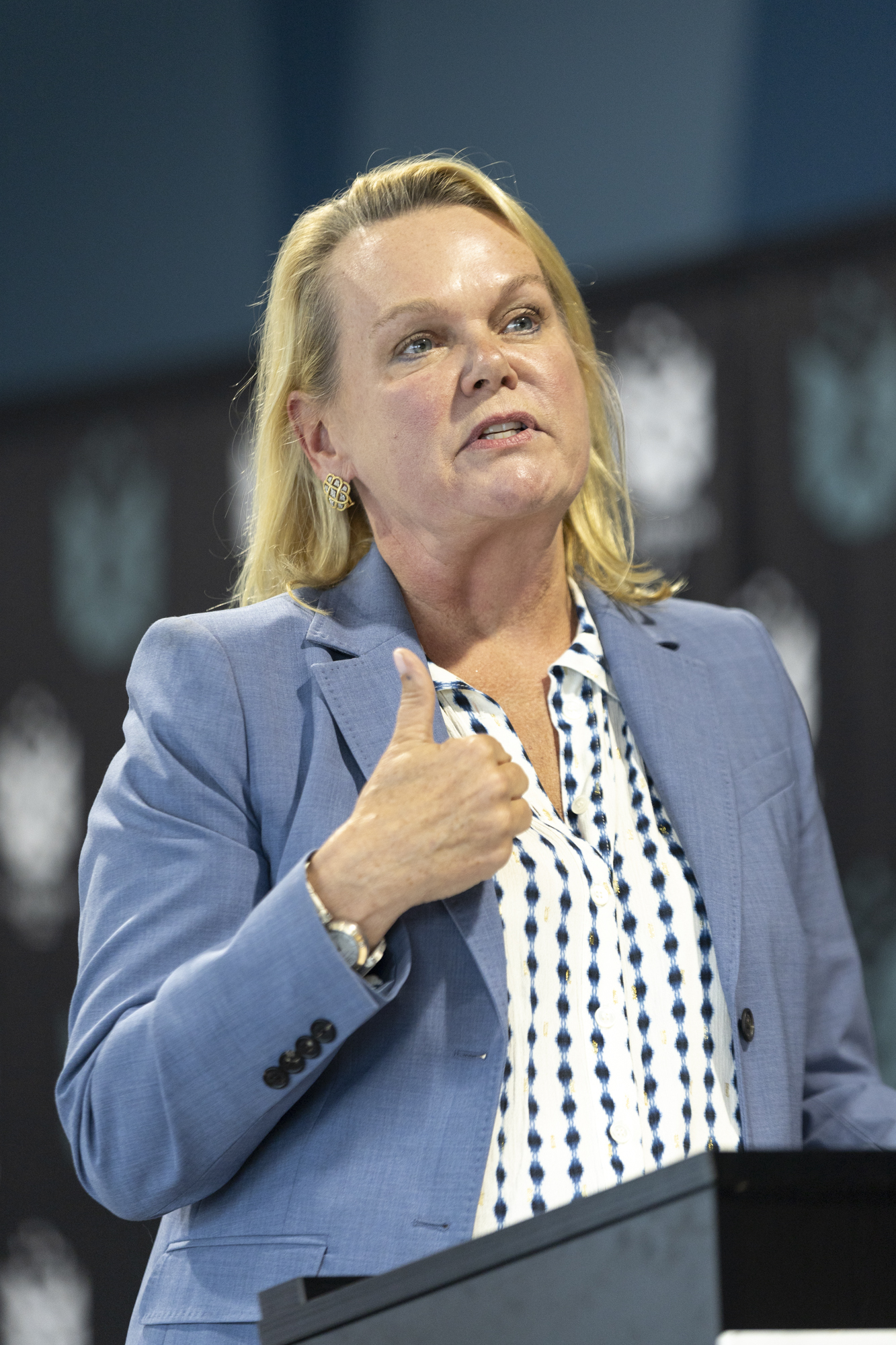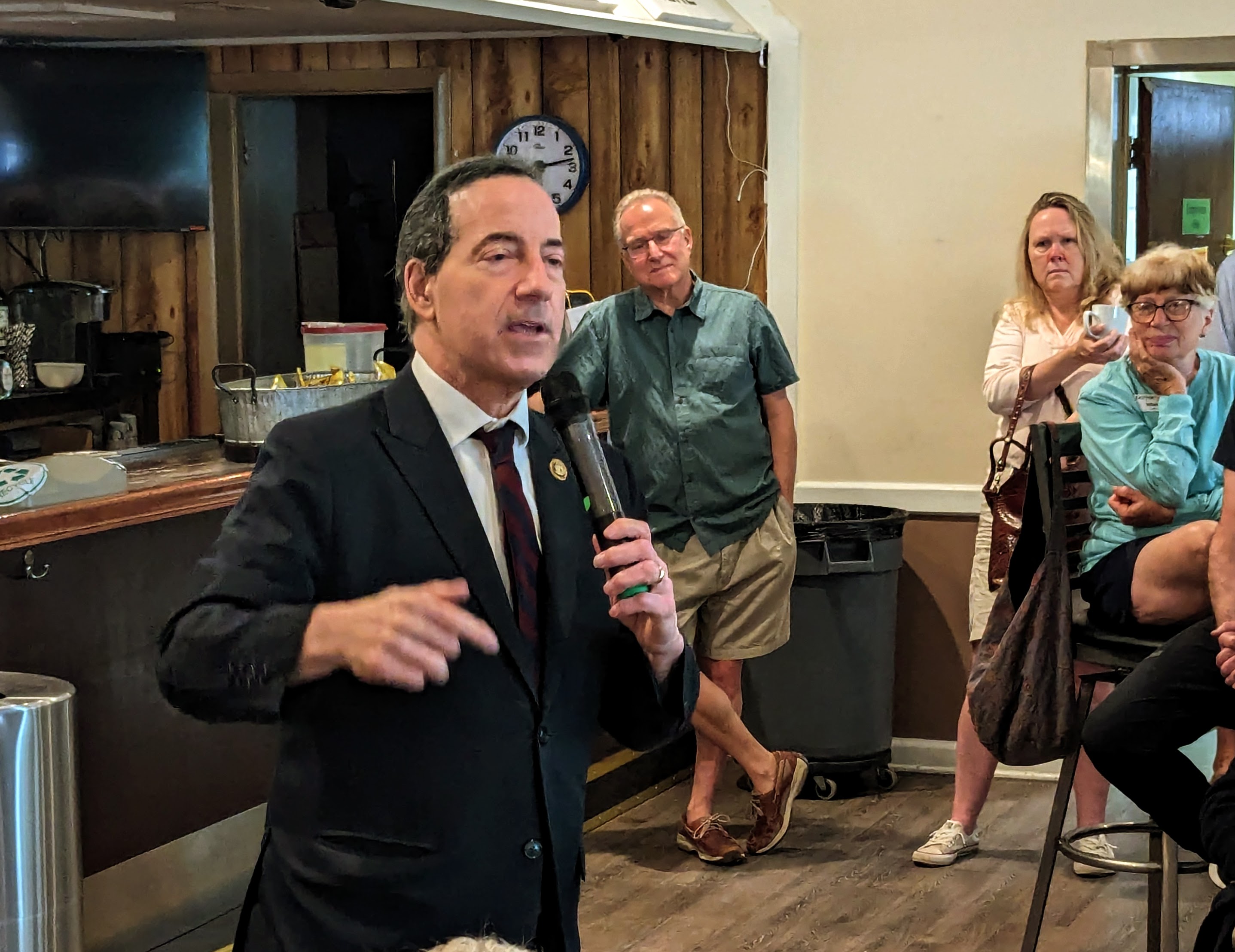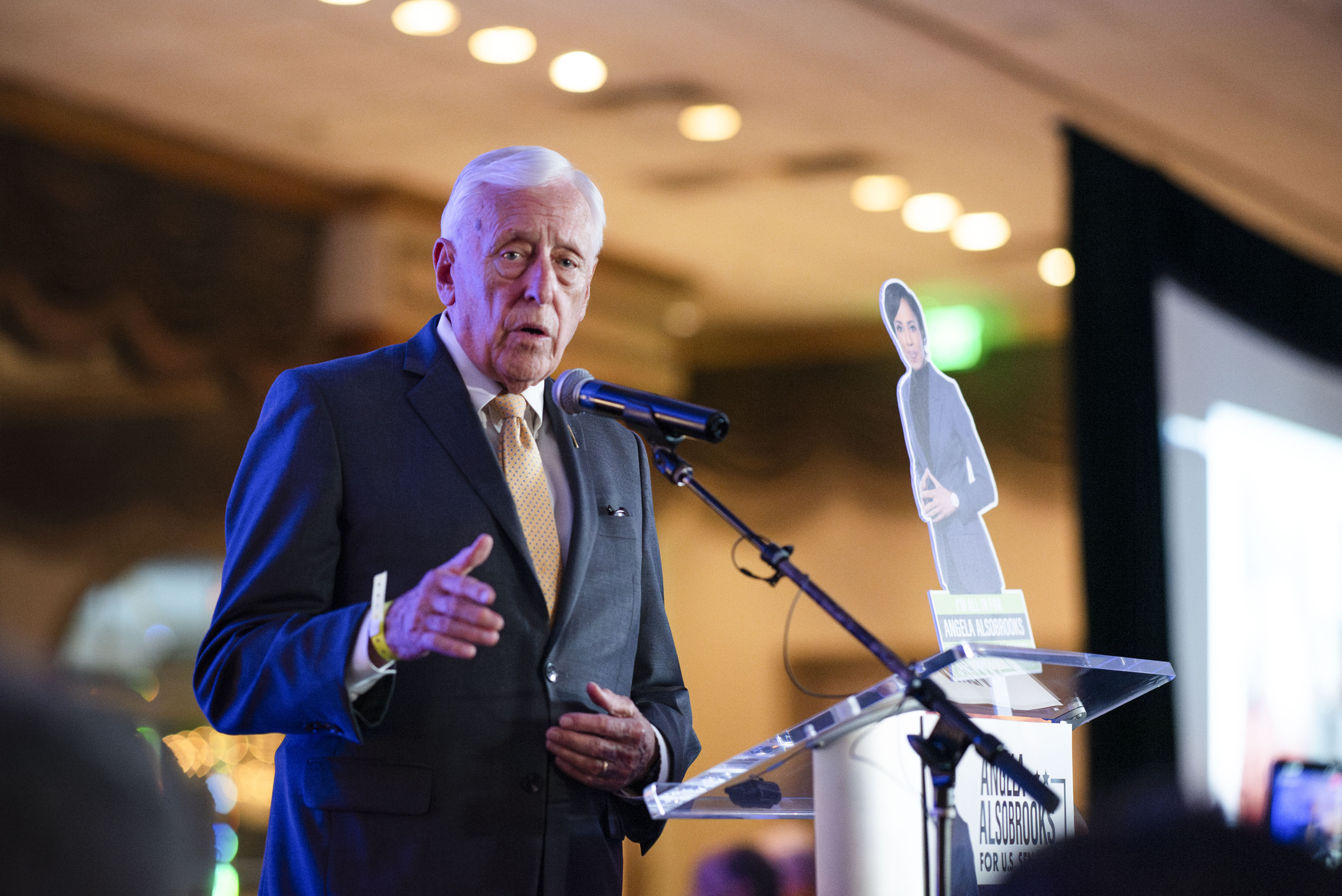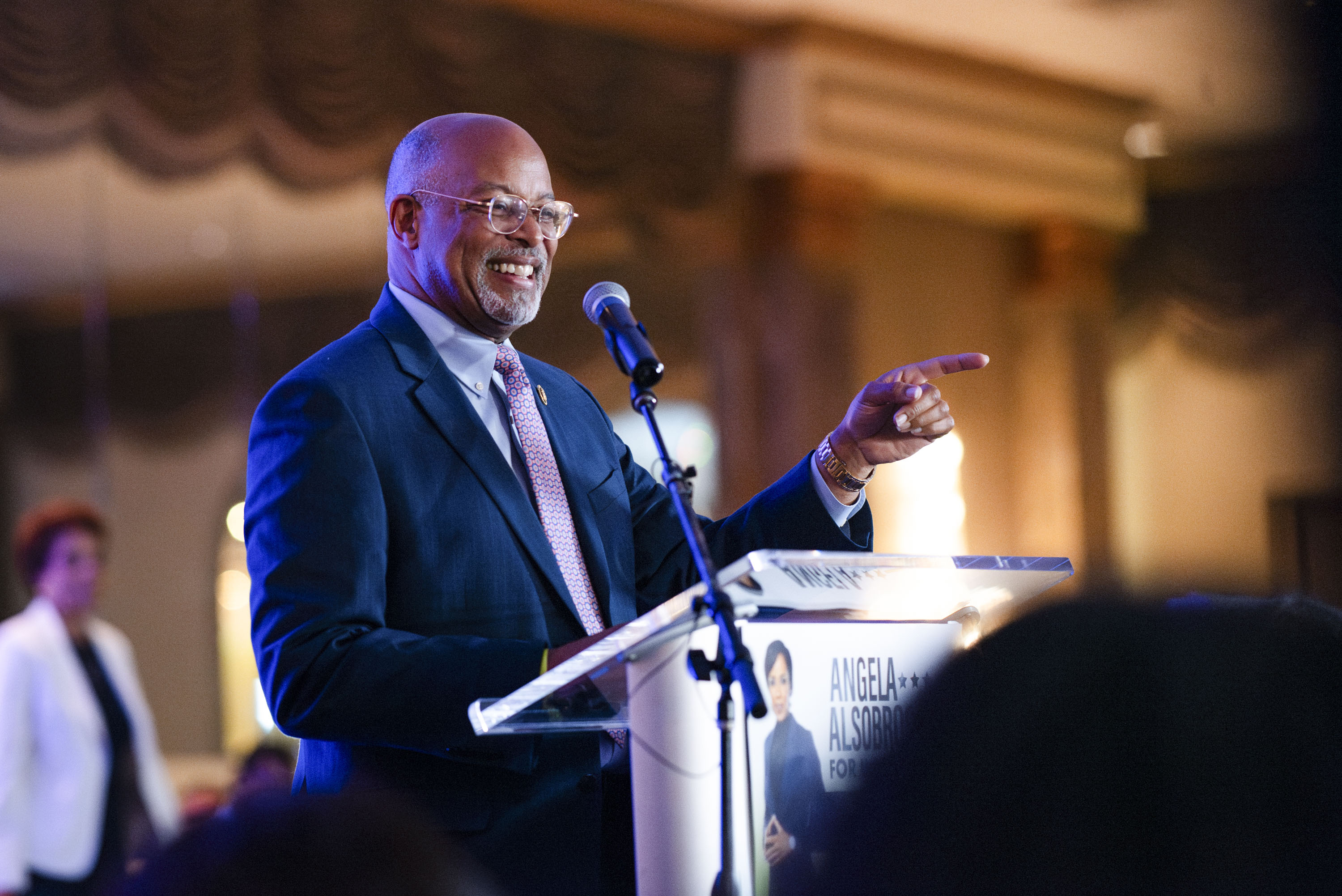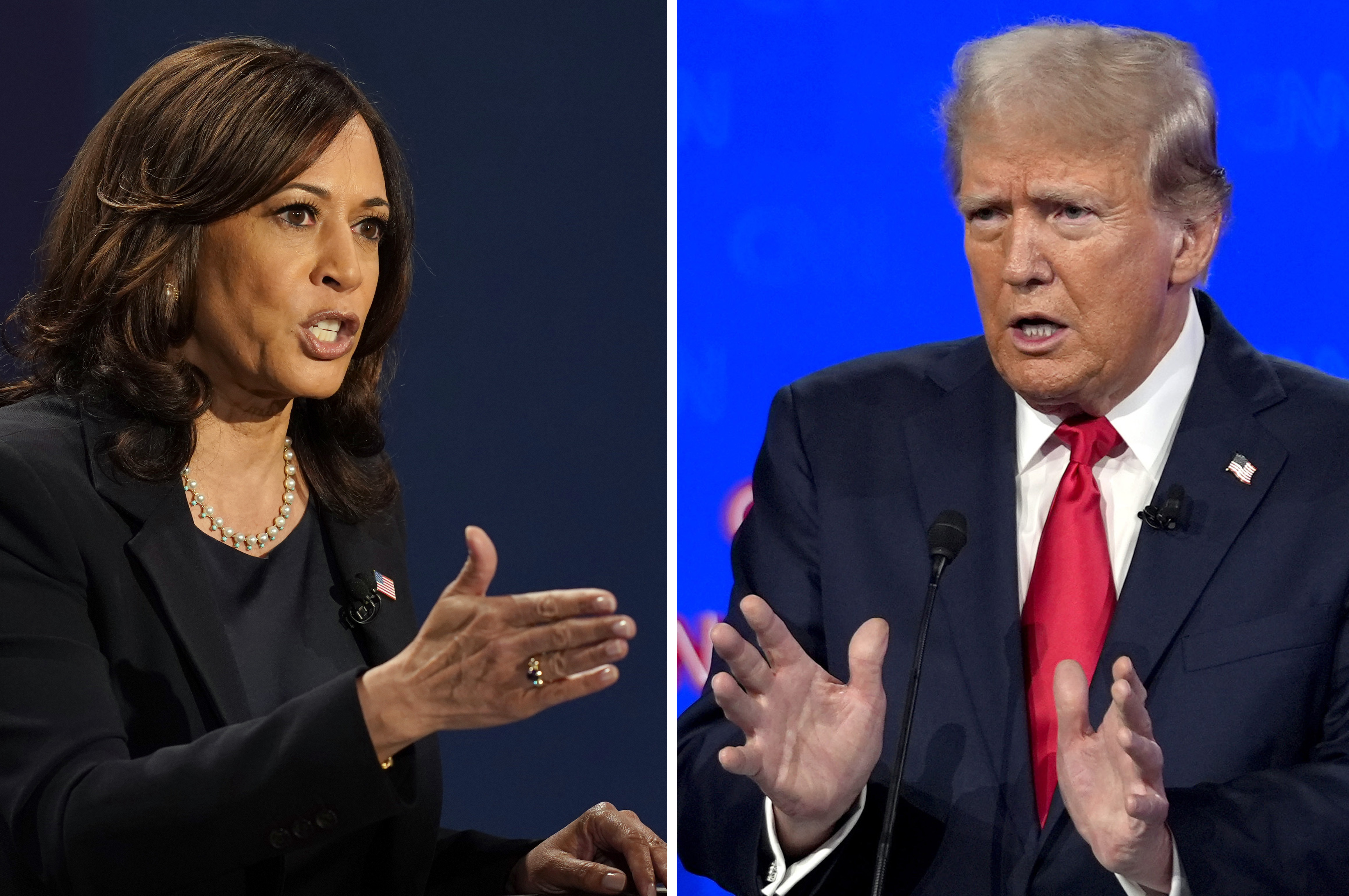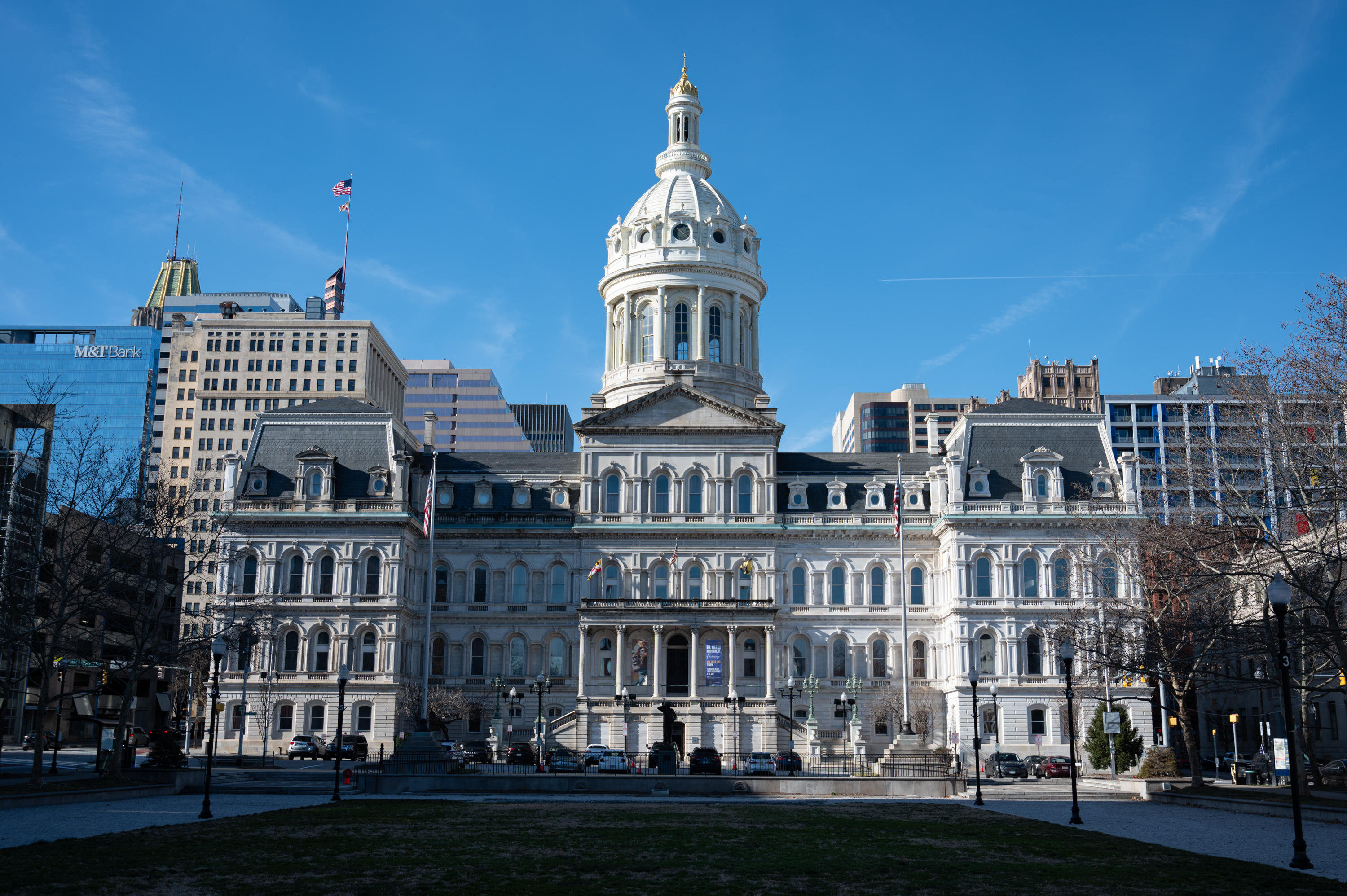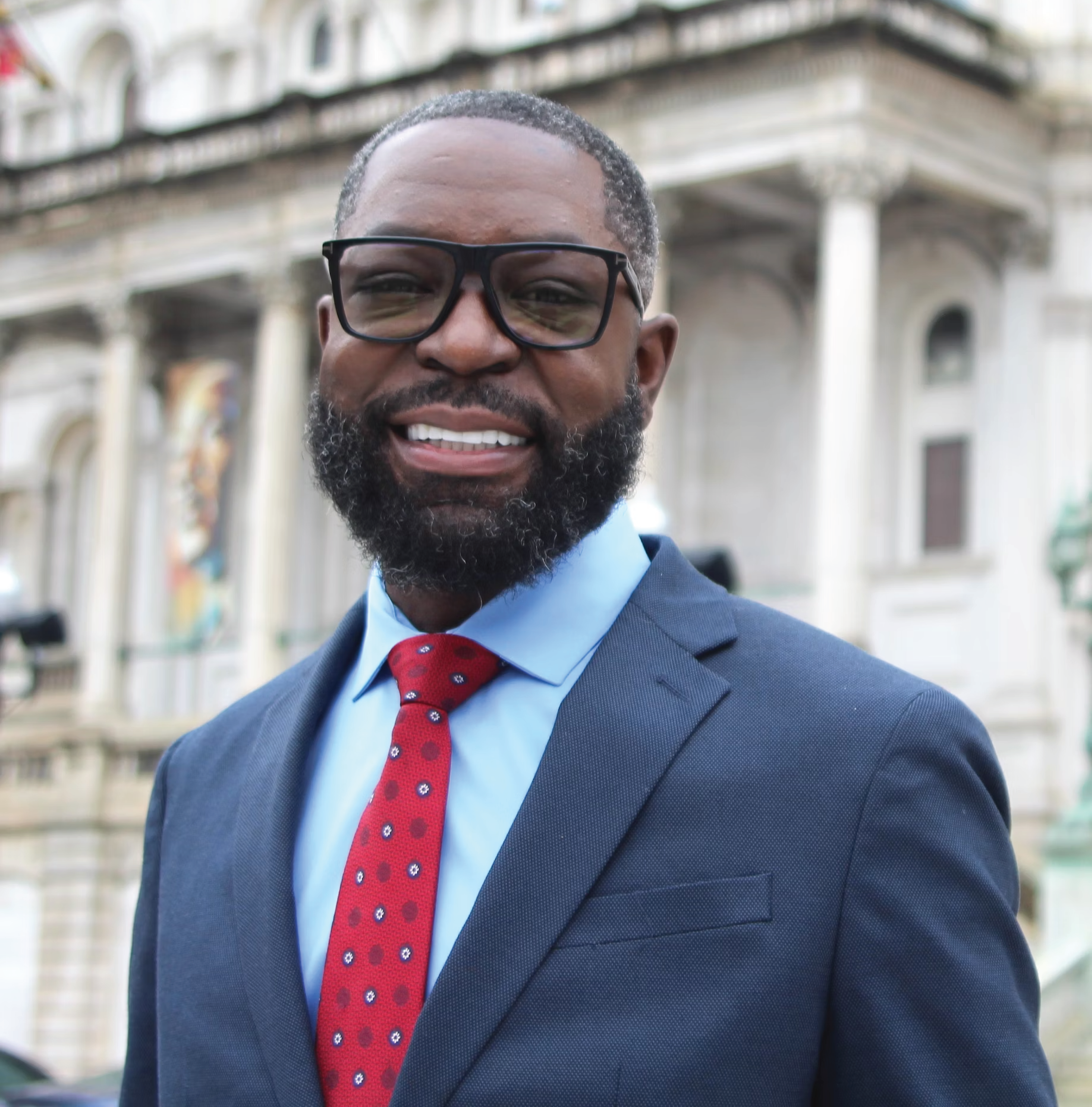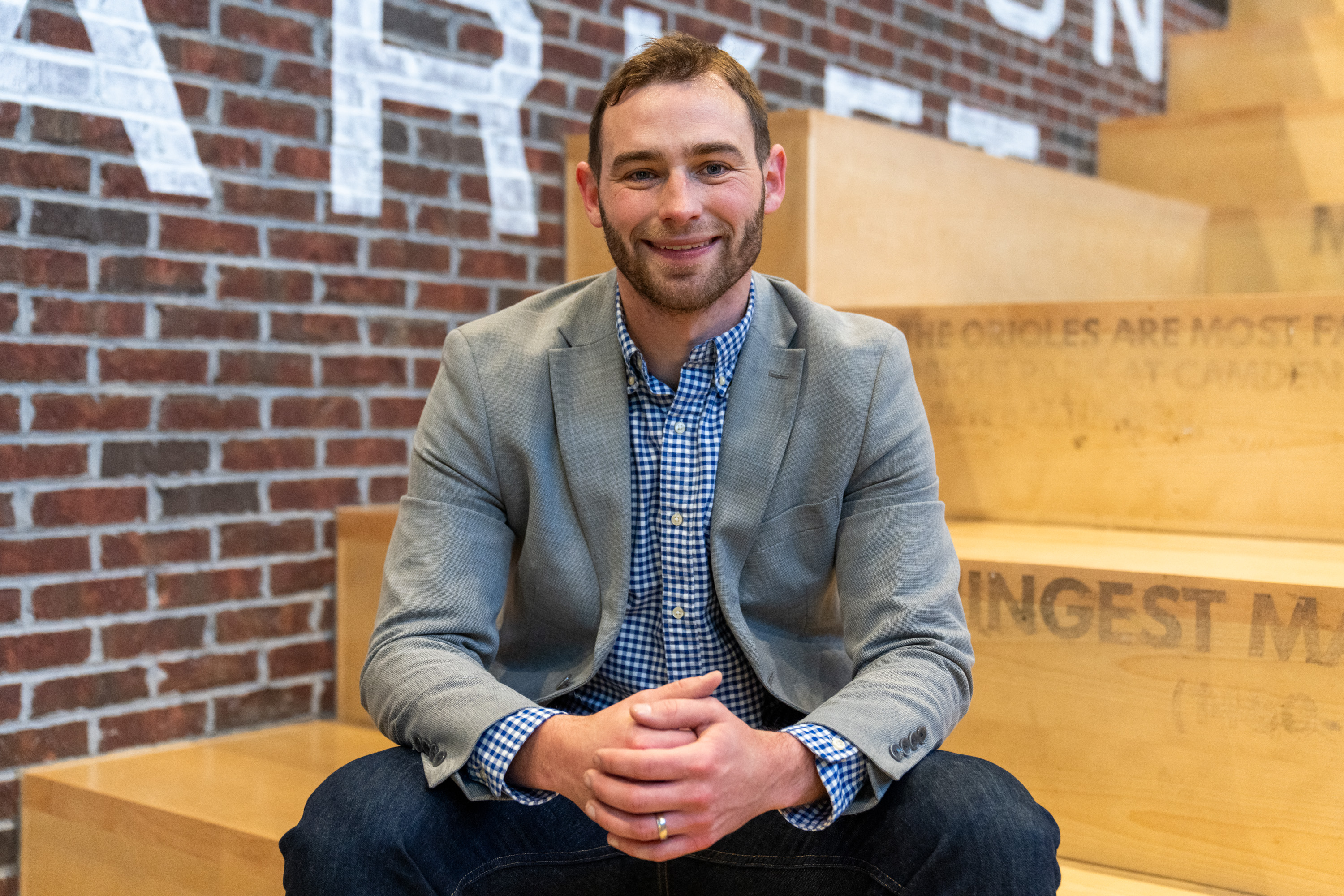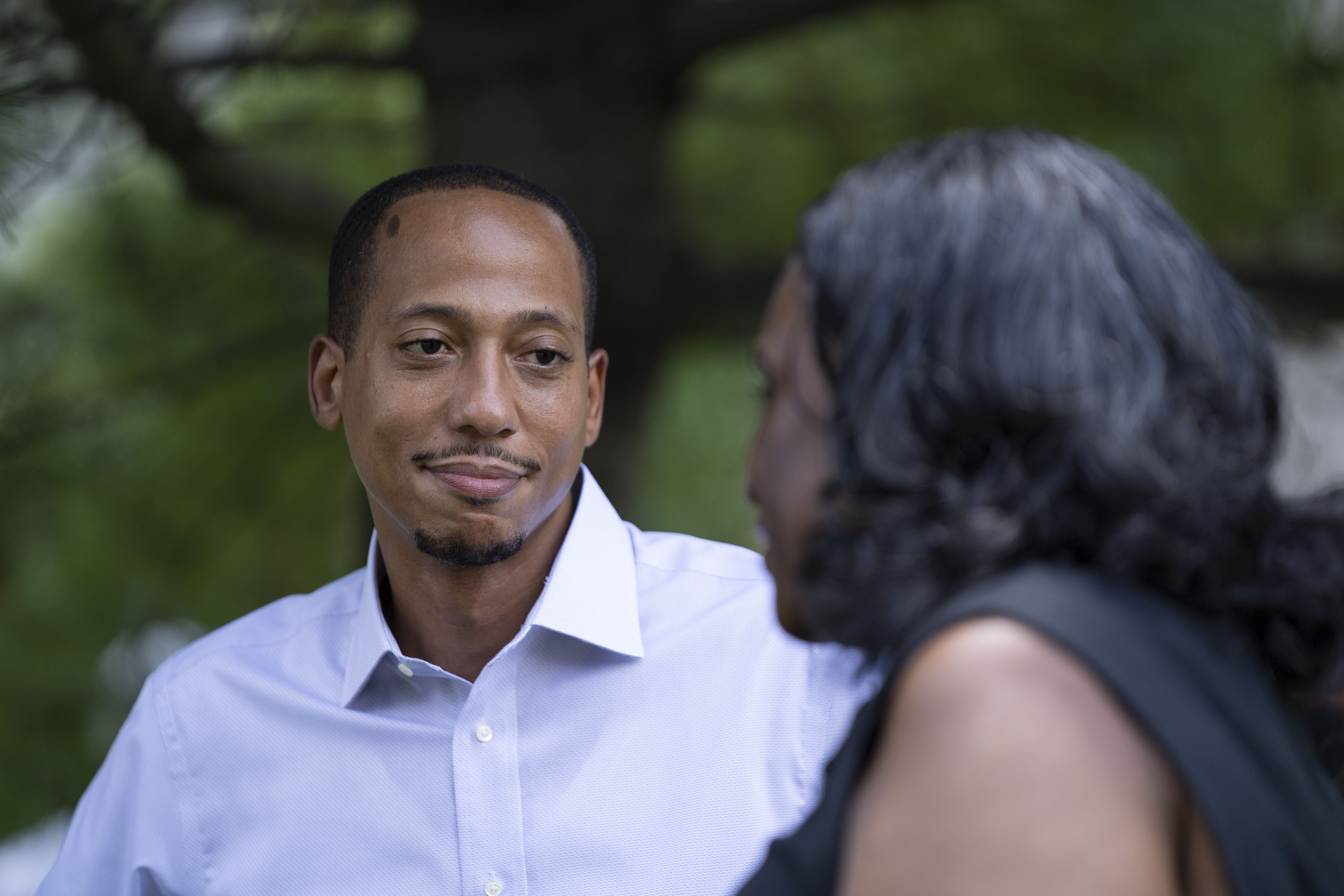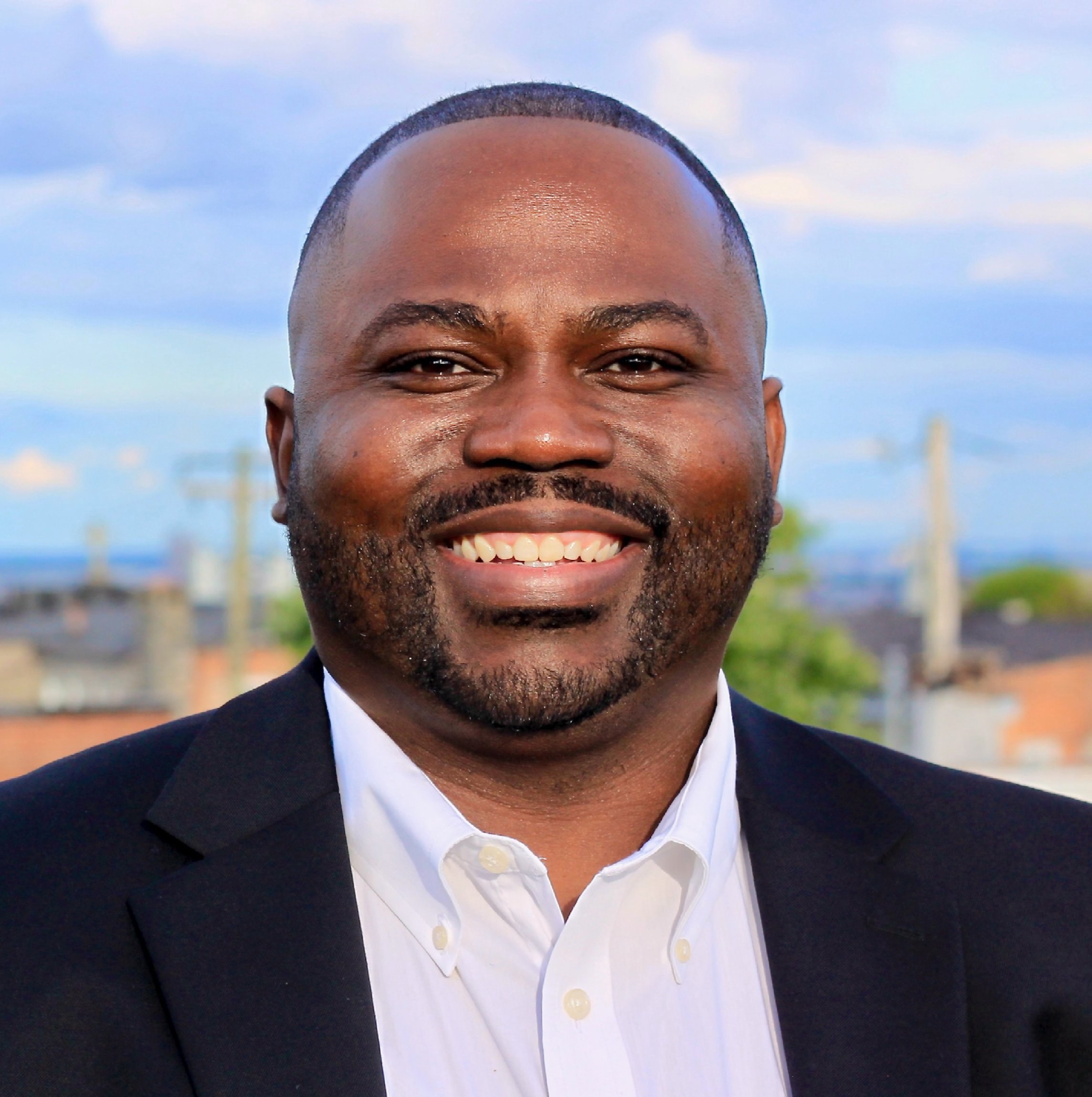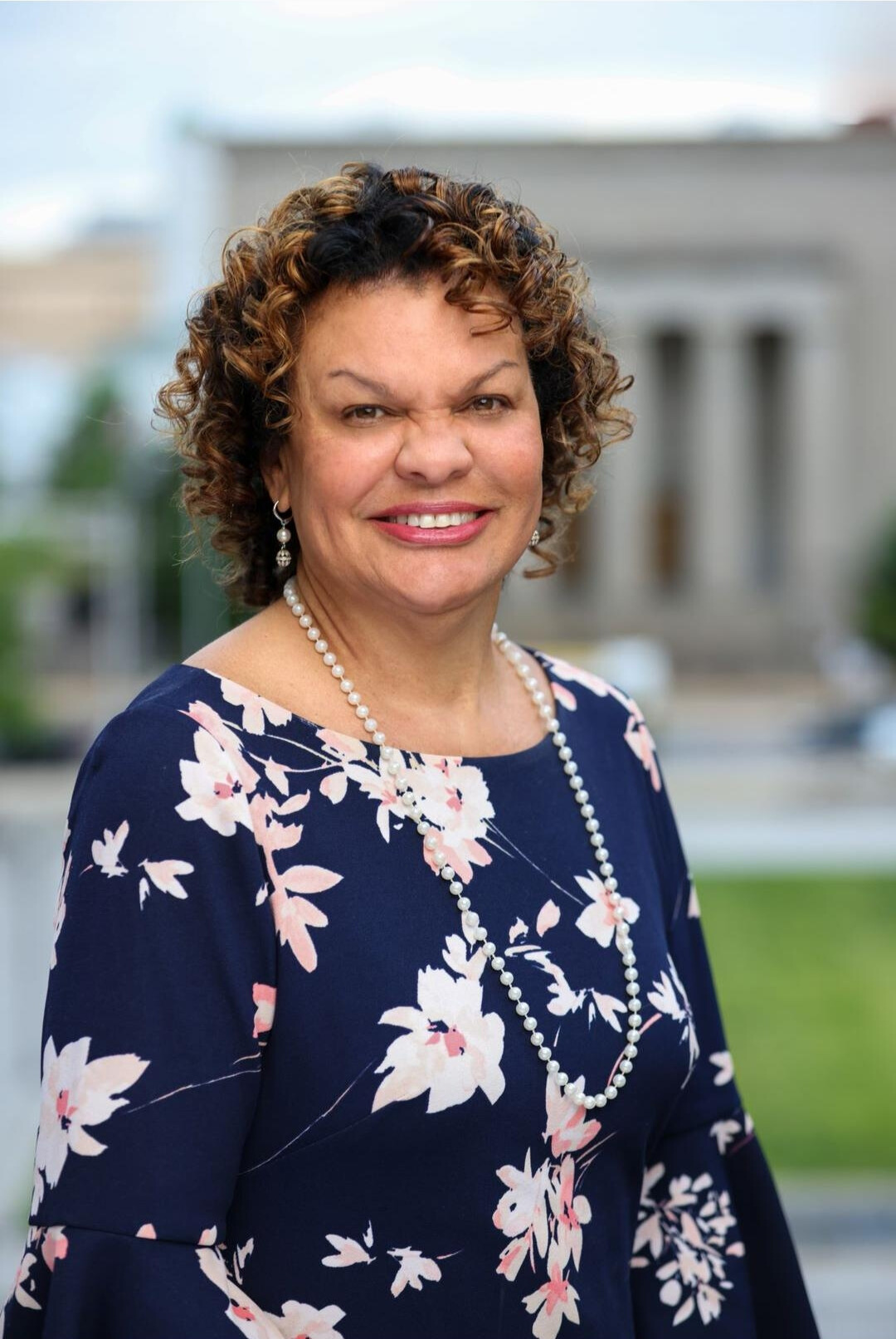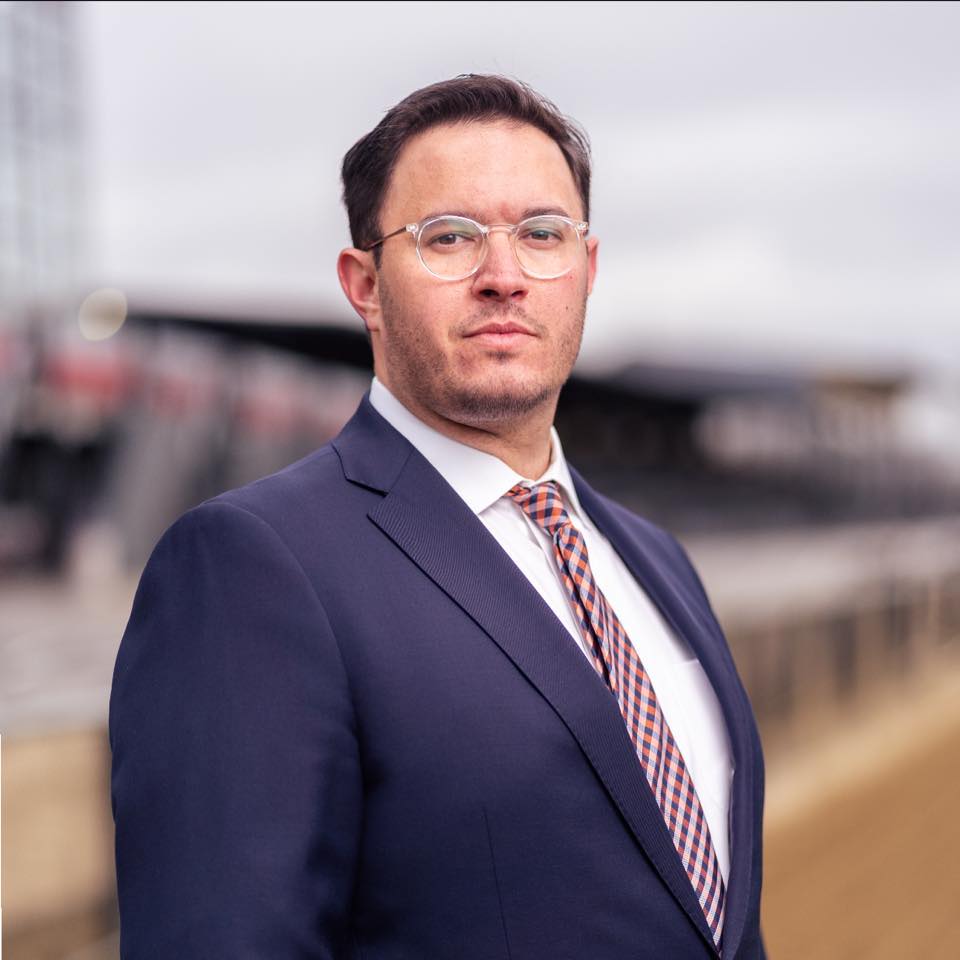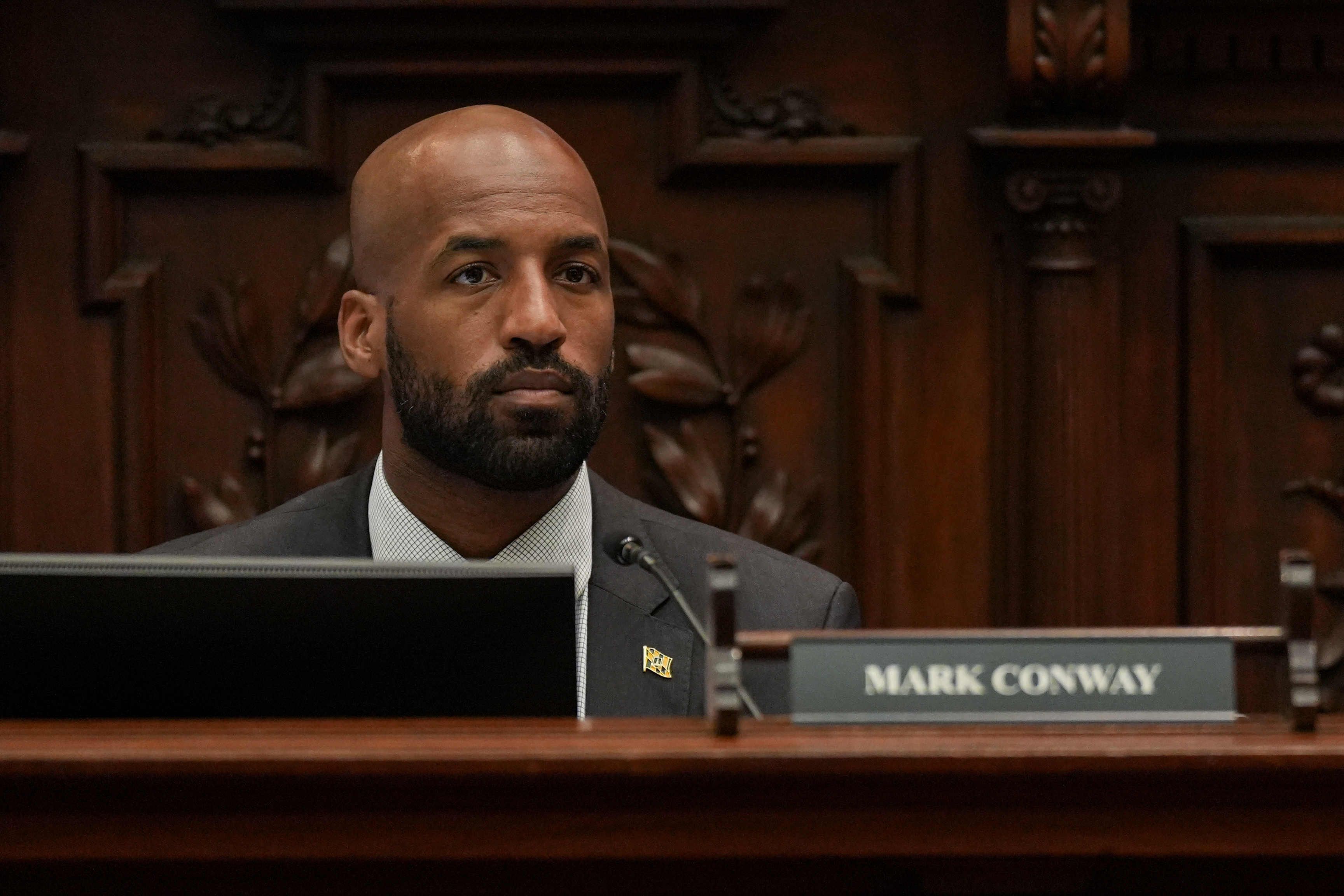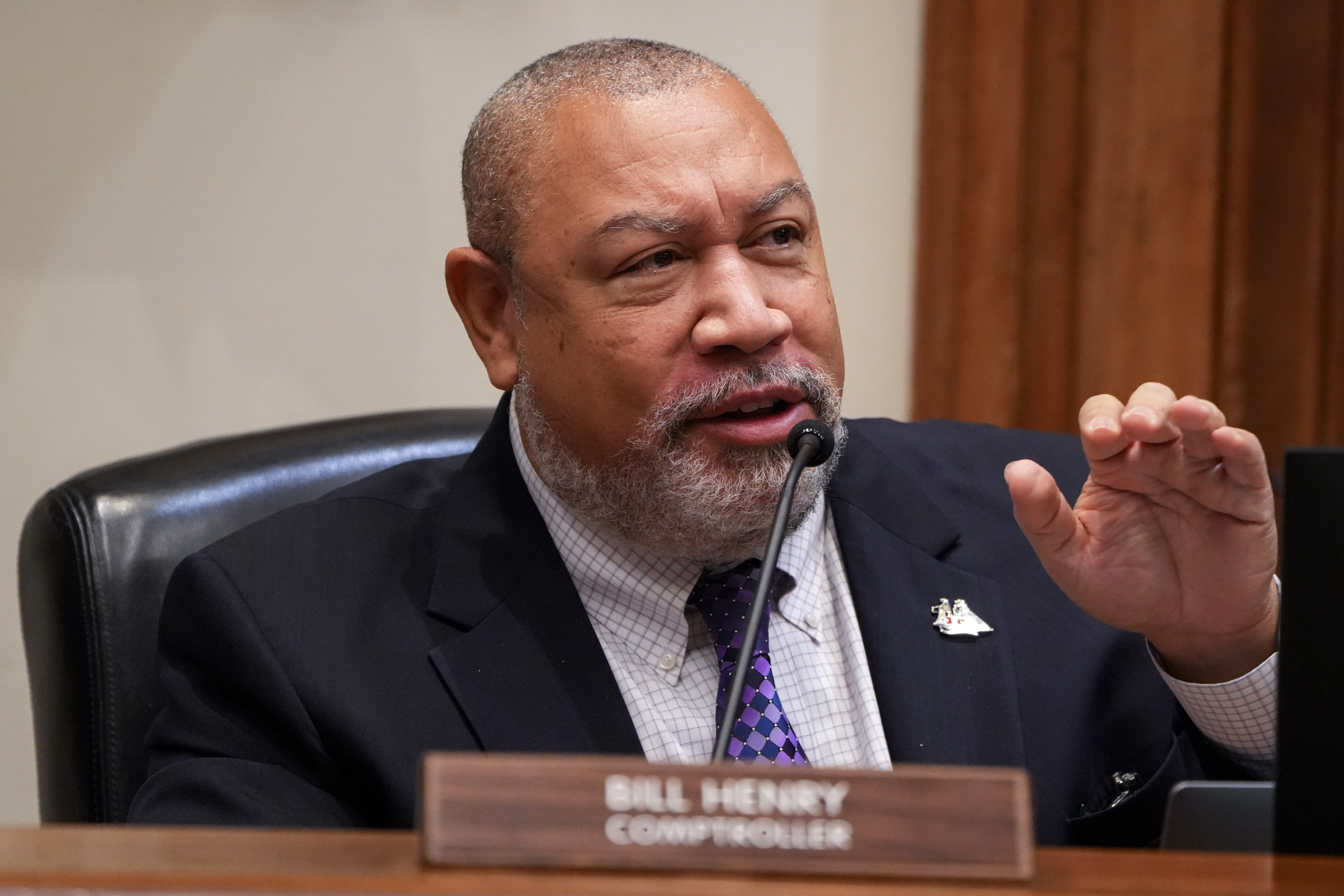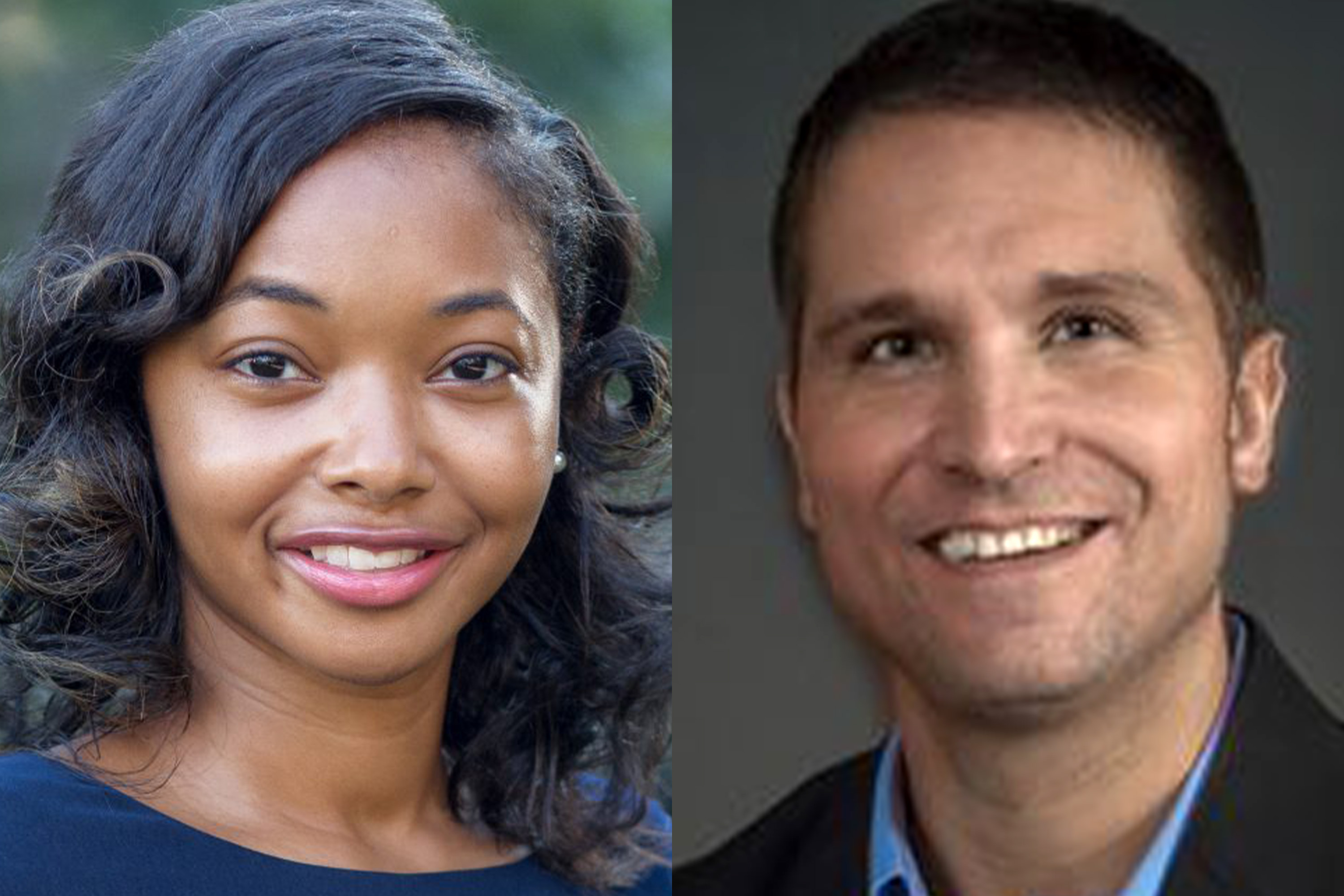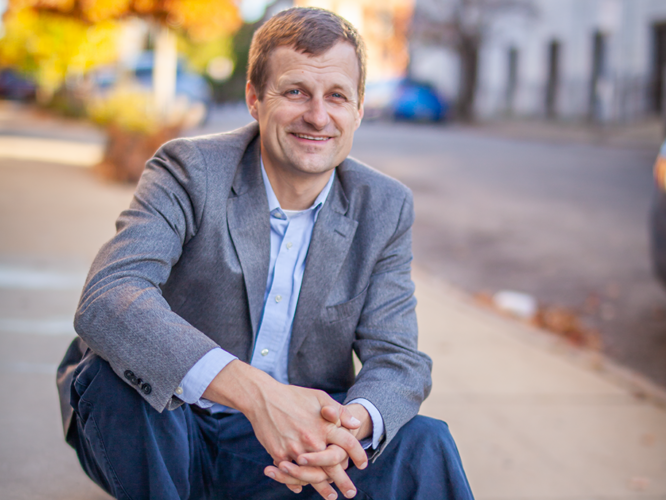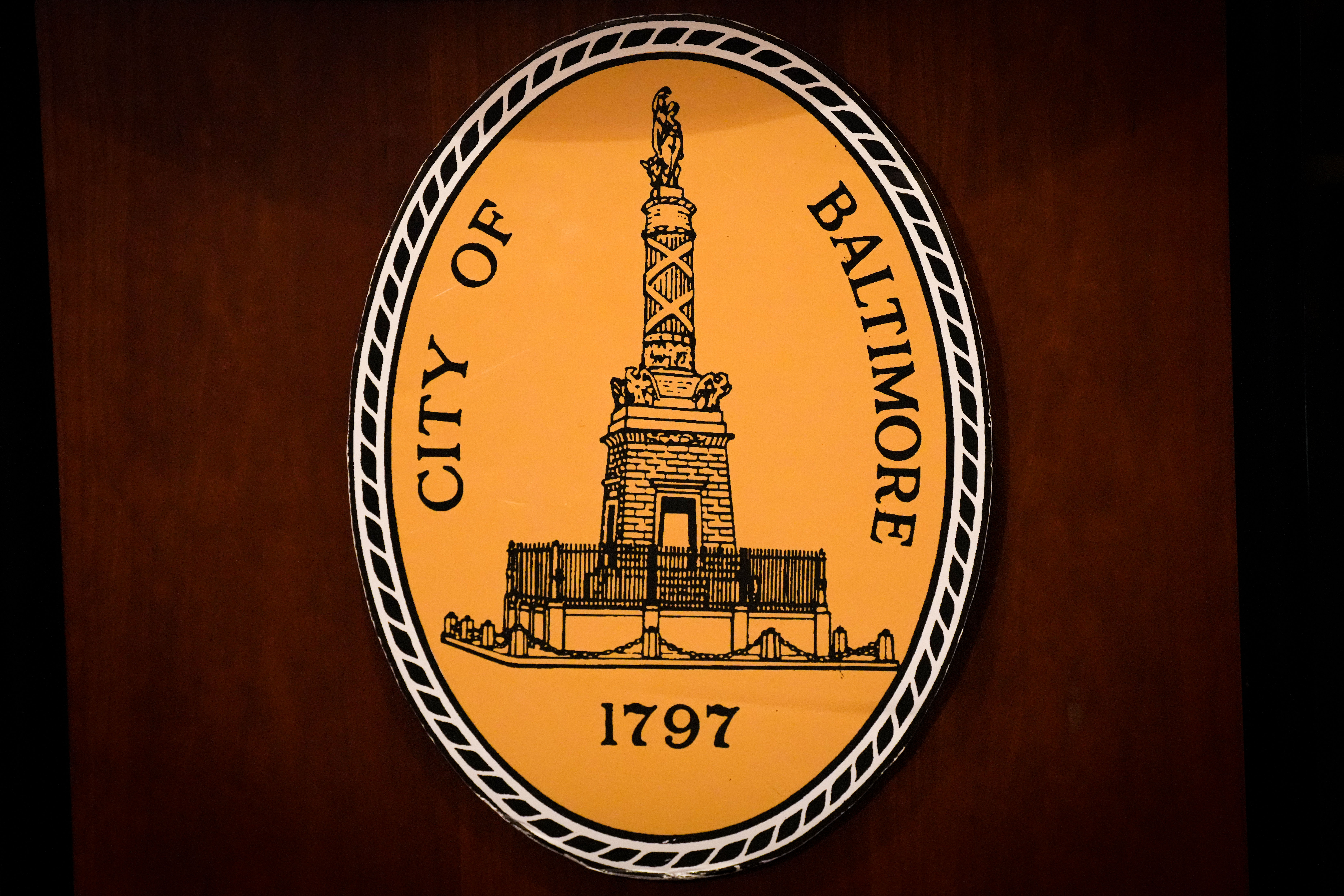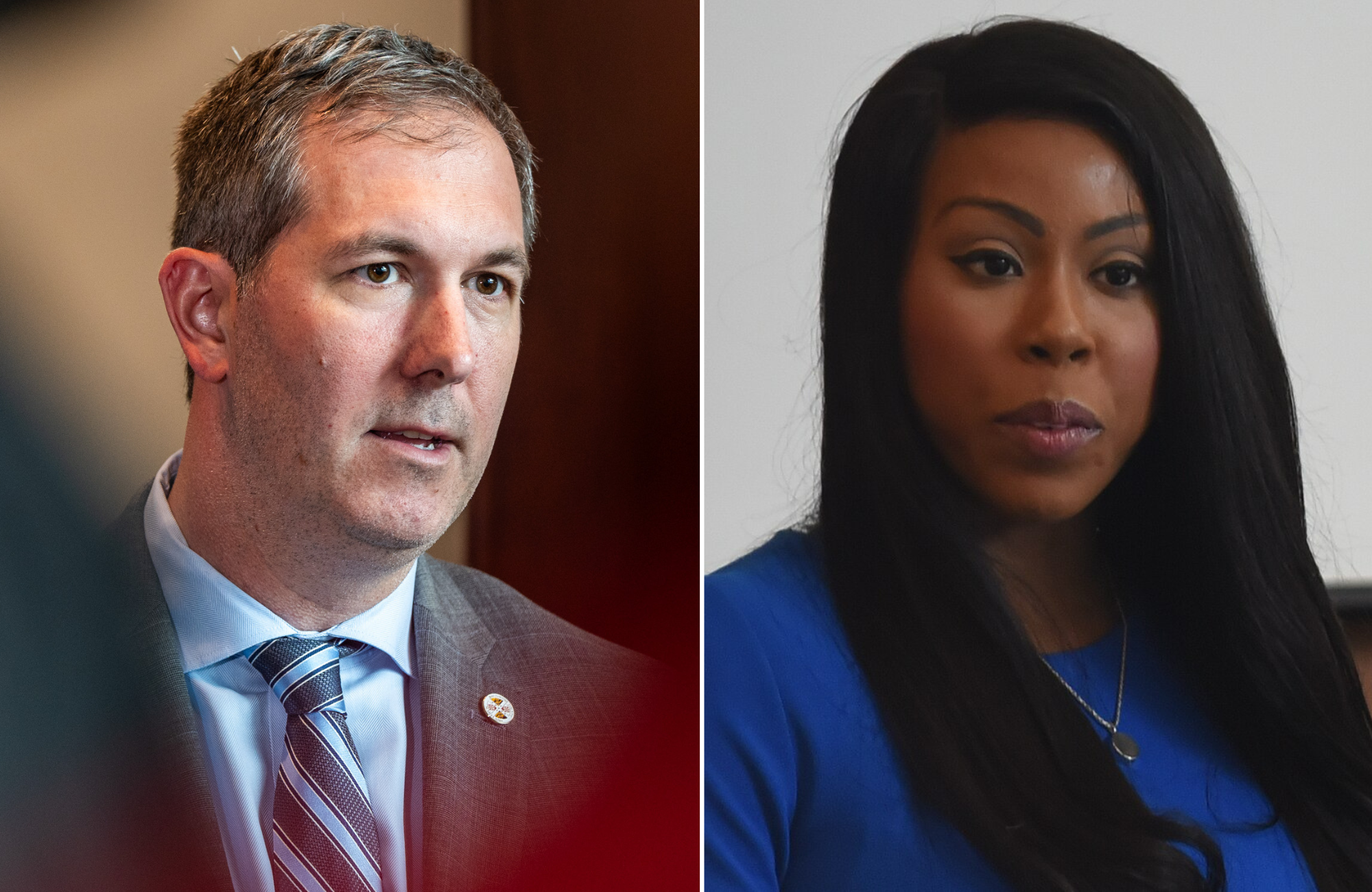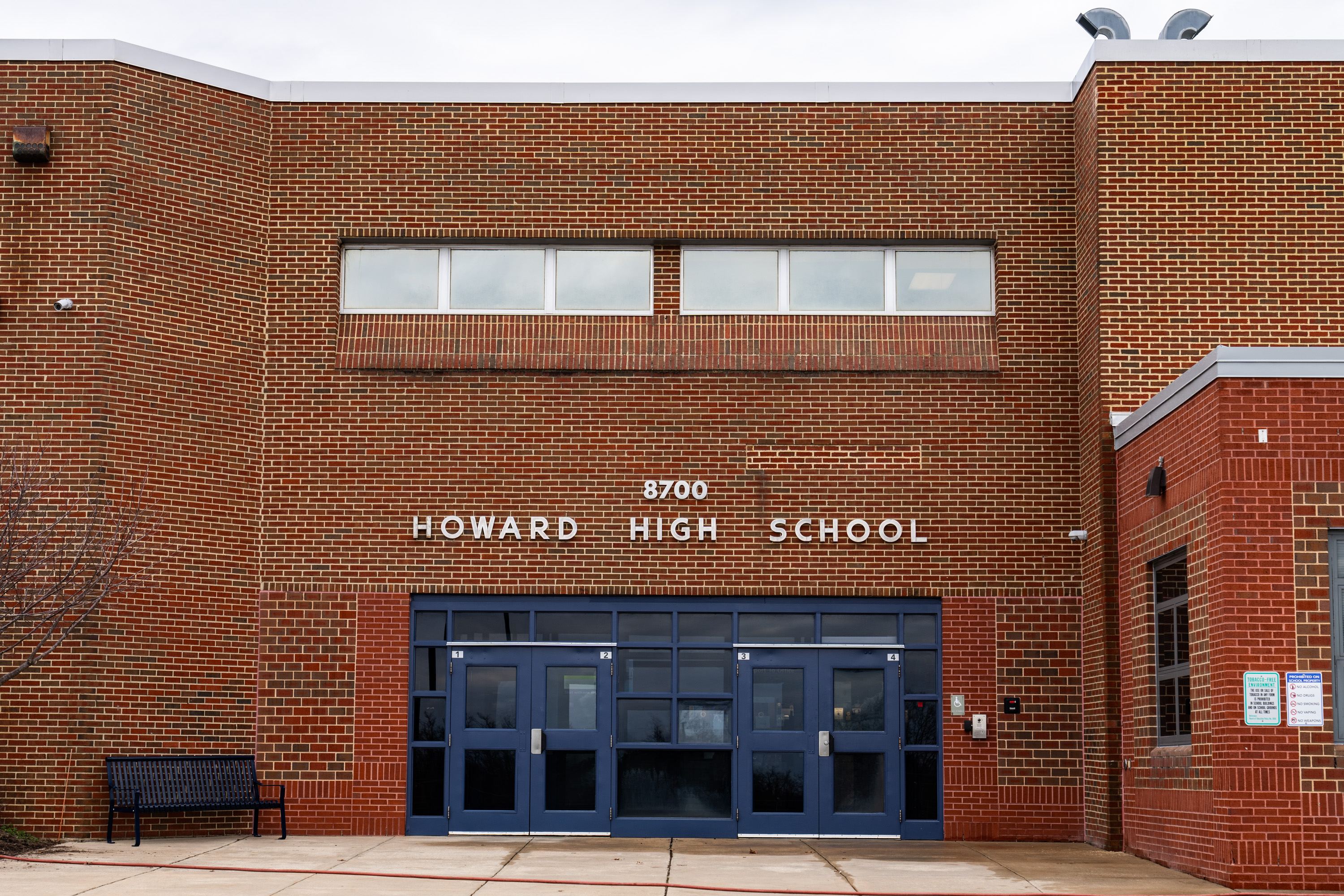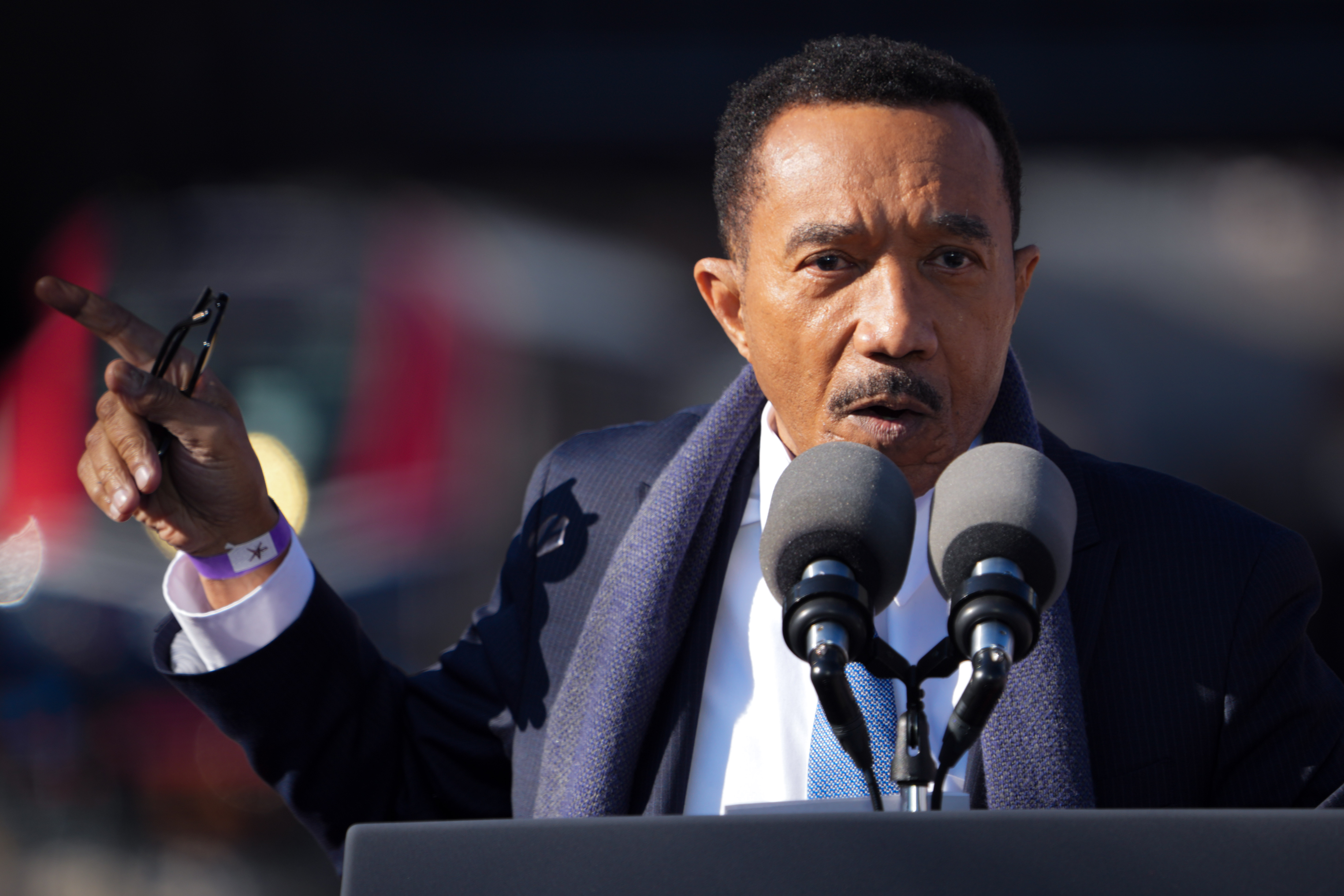What’s the job: Representing residents on the 15-member City Council, including introducing and voting on legislation, approving city spending and providing oversight of city operations. Council members are elected to four-year terms by district. The 8th District includes West Baltimore neighborhoods such as Forest Park, Franklintown, Edmondson Village, Uplands and Irvington.
Look up your City Council district here.
Democrats
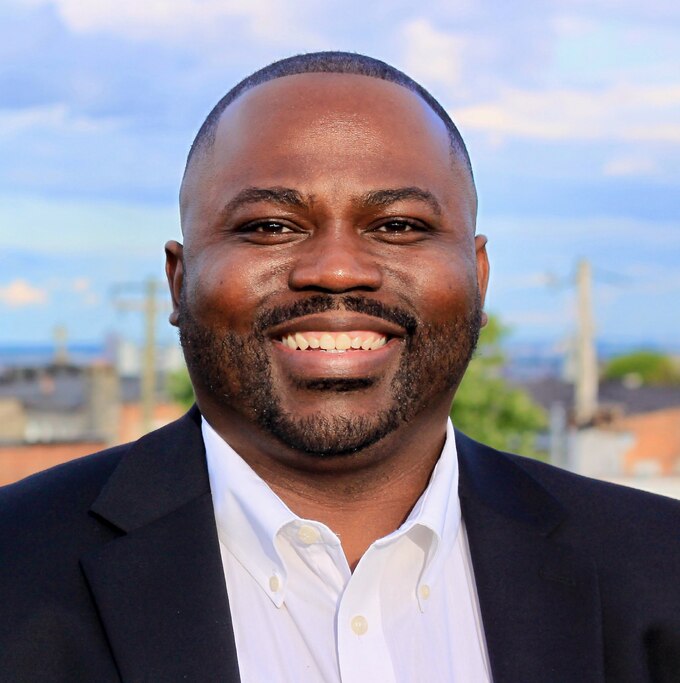
Name: Paris Gray
Age: 37
Personal: Married
Education: Graduate of McDonogh School; attended, but did not graduate from Indiana University
Experience: Four years as community outreach coordinator in the 8th District of Baltimore. Established the District 8 Job and Resource Fairs and Edmondson Ave. Task Force.
Endorsements: Metro Baltimore AFL-CIO, Sierra Club, AFSCME Maryland, outgoing City Councilman Kristerfer Burnett, CASA
Notable donors: Liam Davis, Councilman Ryan Dorsey, school board Commissioner Ashley Esposito, Councilwoman Phylicia Porter, Councilman Zeke Cohen, Councilwoman Odette Ramos.
Questionnaire
A: I am currently in the process of evaluating a series of bills to determine which one would be the best to introduce first. My decision will be guided by the needs of the community and ensuring that it addresses a critical issue that can have an immediate, positive impact. Once I have gathered all the necessary information and feedback, I’ll select the bill that aligns most closely with those priorities.
A: I do not support the proposed ballot measure to reduce the size of the council from 14 districts to 8. Reducing the number of districts would result in larger constituencies, which could dilute the representation of minority and underserved communities. Additionally, this consolidation could increase the influence of well-funded campaigns, making it harder for grassroots and working-class candidates to run for office. Fewer districts would also overburden council members, limiting their ability to address individual concerns effectively. Lastly, this change could reduce diversity within the council, marginalizing key perspectives.
A: City services always have room for improvement, and ensuring they better serve Baltimore’s residents is a priority. One way to achieve this is by increasing oversight and holding agencies accountable. This approach includes evaluating service delivery and identifying areas that need reform. Legislative changes should be considered for some of our most pressing issues, like illegal dumping, potholes, and crime. These improvements can be accomplished through community engagement, setting clear benchmarks for city agencies, and ensuring transparency in their operations to meet the needs of all residents.
A: Baltimore is seeing a reduction in homicides and gun violence due to holistic programs that address root causes of crime. To continue this trend, I would support expanding these initiatives while also investing in mentorship programs and anti-violence groups, which have proven to be instrumental in reducing crime. Engaging young people early and providing positive alternatives to violence is key. By empowering communities, offering resources, and fostering a culture of support and accountability, we can sustain and further accelerate the progress we’ve made in Baltimore.
A: At this moment, a cut in property taxes could negatively impact essential city services. Services such as trash pickup, recycling, pothole repairs, and illegal dumping cleanups would suffer due to the resulting revenue loss. Reducing the property tax is a long-term process that requires comprehensive discussions among lawmakers and residents rather than a quick ballot measure that was proposed by Renew Baltimore. Instead of pursuing an unprepared tax cut, we should explore alternative measures. Continuing our holistic approach to reducing crime, along with increasing annual contributions from institutions participating in Payment in Lieu of Taxes (PILOT) programs, can provide much-needed revenue. These strategies would promote equitable neighborhood development, attract new residents to the city, and ultimately help alleviate our overall property tax burden while ensuring essential services remain intact.
A: To effectively combat the rising rate of opioid overdoses in Baltimore, we must implement a multi-faceted strategy. Recent settlements against Big Pharma provide a critical opportunity for impactful measures. First, expanding harm reduction initiatives like syringe exchange programs and safe consumption spaces is essential. Additionally, distributing naloxone (Narcan) widely can help reverse overdoses. Public health campaigns should focus on educating residents about opioid risks, recognizing overdose signs, and providing CPR and naloxone training. Partnering with healthcare providers to establish responsible prescribing guidelines is also vital. Investing in mental health services is crucial, as many individuals with substance use disorders also face concurrent mental health issues. Lastly, engaging community organizations, law enforcement, and local leaders will foster collaboration and ensure a comprehensive response to this crisis.
A: Affordable housing in Baltimore is key to creating a more accessible and equitable housing landscape. To achieve this, we must utilize several strategies. First, safeguarding and expanding the city’s inclusionary housing laws will promote inclusivity in all publicly funded housing projects. We should also partner with state and federal entities to secure funding for alternative housing subsidies for those in need. This collaboration can help initiatives like the Affordable Housing Trust Fund. Finally, strengthening community land trusts will further enhance neighborhood affordability and support long-term housing stability.
A: To address the issue of vacant properties in Baltimore, we need a comprehensive strategy that promotes economic growth and improves quality of life. First, implementing a vacant property tax would encourage owners to develop or sell their properties to those willing to invest in renovations. Additionally, expanding the city’s IN REM foreclosure process would allow the Department of Housing and Community Development (DHCD) to more efficiently bring neglected properties back into use. Finally, exploring the potential of land banks can facilitate acquisition, rehabilitation, and resale, ultimately revitalizing neighborhoods and enhancing community stability.
A: I support redeveloping Harborplace because its current state is not sustainable. However, my support hinges on ensuring that the redevelopment provides tangible benefits for ALL of Baltimore residents, not just those near the waterfront. Growing up, I enjoyed Harbor Place with my father, and I want kids in communities like Edmondson Village, Upton, and Oliver to have similar experiences. For full support, the project must include affordable housing, job creation, environmental sustainability, local business support, and community involvement. Additionally, a discussion about Project Labor Agreements is essential to guarantee fair wages, healthcare, training, and safety for workers.
A: No, when I start on the City Council, I will dedicate all my time and energy to serving the 8th District and the city of Baltimore. My focus will be solely on my responsibilities as a council member, and I do not plan to take on any full-time employment. My priority is to ensure that I am fully available to address the needs of my constituents and work on the important issues facing our city.
A: While not new city leaders should take a renewed focus in a Youth Advisory Council, engaging young people, elected officials, and diverse community stakeholders. This would empower youth by giving them a direct voice in decision-making. Drawing from my experience with the Squeegee Collaborative meetings, I’ve seen firsthand how effective open dialogue between stakeholders and youth can be. Rather than waiting to react to issues, the City Council should focus on proactively creating programs and support systems that advocate for young people. This proactive approach would allow us to address potential challenges early on while fostering an inclusive environment where the perspectives and contributions of Baltimore’s youth are valued.
A: 8th District voters should elect me because I have a strong track record of community engagement and service. As the community outreach coordinator for the past four years, I have collaborated with community associations, organized events, and effectively addressed constituents’ concerns. My commitment to public service is evident in my active involvement in mentorship programs, neighborhood cleanups, and initiatives like the Edmondson Ave Task Force, which aims to combat blight. I am dedicated to offering practical solutions and responsive leadership, making me well-prepared to serve as your next councilman.
Primary questionnaire
Read the candidate’s previous replies to the Baltimore Banner’s voter guide questionnaire.
A: I do not support the ballot measure to reduce the council size as it would hinder council office’s ability to address constituent concerns. Shrinking the council without sufficient support is not a viable solution. This ballot measure seeks to dismantle city government not enhance it.
A: To ensure adequate affordable housing in Baltimore, I would consider various strategies. Firstly, I would safeguard and expand the city’s existing inclusionary housing laws to ensure inclusivity in all publicly funded housing projects. Additionally, exploring alternative housing subsidies for those in need is essential. Securing funding for the affordable housing trust fund and partnering with state and federal entities to enhance support for Baltimore residents would be a priority. Moreover, I would explore ways to strengthen community land trusts to further enhance affordability within communities. Through these measures, I aim to address the housing needs of Baltimore residents effectively and promote equitable access to affordable housing options.
A: To reduce the number of vacant properties in Baltimore city, we need to address the issue from multiple angles. I would advocate for implementing a vacant property tax, which would incentivize property owners to either develop the property or sell it to someone who will. Additionally, I propose expanding the city’s IN REM foreclosure process, which gives the Department of Housing and Community Development (DHCD) the authority to acquire abandoned properties and collaborate with communities on determining the best outcomes for these properties.
A: I support the redevelopment of Harborplace as its current state is no longer viable. My support for the project hinges on ensuring tangible community benefits for all Baltimore City residents, not just those near the waterfront. I have fond memories of visiting Harborplace with my father as a child and believe the new development should create similar experiences for children in the Edmondson Village, Upton, and Oliver communities. For my full support, the project must include affordable housing, job opportunities, environmental sustainability, support for local businesses, and robust community engagement.
A: I plan to introduce legislation to enhance transparency and increase annual contributions for PILOTs (Payment in Lieu of Taxes) agreements with major institutions in Baltimore City. The current system’s lack of sustainability is evident from the substantial loss of over $100 million in tax revenue to PILOTs in FY 2024. By boosting annual contributions for PILOTs, we can generate additional revenue to fund vital programs that prioritize job creation, and neighborhood development, and benefit the residents of Baltimore City. The bill will also mandate transparency in future MOUs and PILOT agreements, ensuring a transparent, participatory, and equitable process that includes input from all communities.
A: I oppose Renew Baltimore’s proposal to cut property taxes due to the lack of immediate revenue replacement planning and its impact on essential city services. Services like trash pickup, recycling, pothole repairs, and illegal dumping cleanups would suffer from the revenue loss. Increasing the city’s population significantly to offset this loss is a long process that requires thorough discussion among lawmakers and citizens, not just a ballot measure. While I support the goal of increasing Baltimore’s population and lessening our property tax burden, it should not come at the cost of essential services. Instead of an unprepared tax cut, alternative measures like raising annual contributions from institutions with PILOTs should be considered to ensure equitable neighborhood development, attracting residents to the city and reducing our overall property tax burden.
A: I am committed to serving full-time as the next City Council member for the 8th District.
A: One initiative the City Council could pursue is establishing a Youth Advisory Council that engages youth, elected officials, and diverse stakeholders from Baltimore. This inclusive approach would empower young people by giving them a genuine voice in decision-making processes. Reflecting on my participation in the Squeegee Collaborative meetings, I witnessed the benefits of open dialogue between stakeholders and youth. Rather than reactive measures, the Council should proactively create mechanisms to support and advocate for youth, aiming to prevent challenges before they arise. This proactive approach ensures that the voices and perspectives of young people are valued, contributing to a more inclusive and supportive environment for Baltimore’s youth.
A: 8th district voters should elect me because I have a proven track record of community engagement and service. Over the past four years as the community outreach coordinator for the 8th district, I have actively worked with community associations, organized events, and addressed constituents’ concerns. My dedication to public service and collaboration with residents has earned me a reputation as a committed advocate. From participating in mentorship programs to organizing neighborhood cleanups and tackling issues like illegal dumping, I have demonstrated my hands-on approach to community improvement. Through initiatives like the Edmondson Ave Task Force, I have shown my commitment to combating blight and enhancing the district. With a recent history of engaging with constituents and offering practical solutions, I am prepared to provide responsive leadership as the next councilman of the 8th district.
